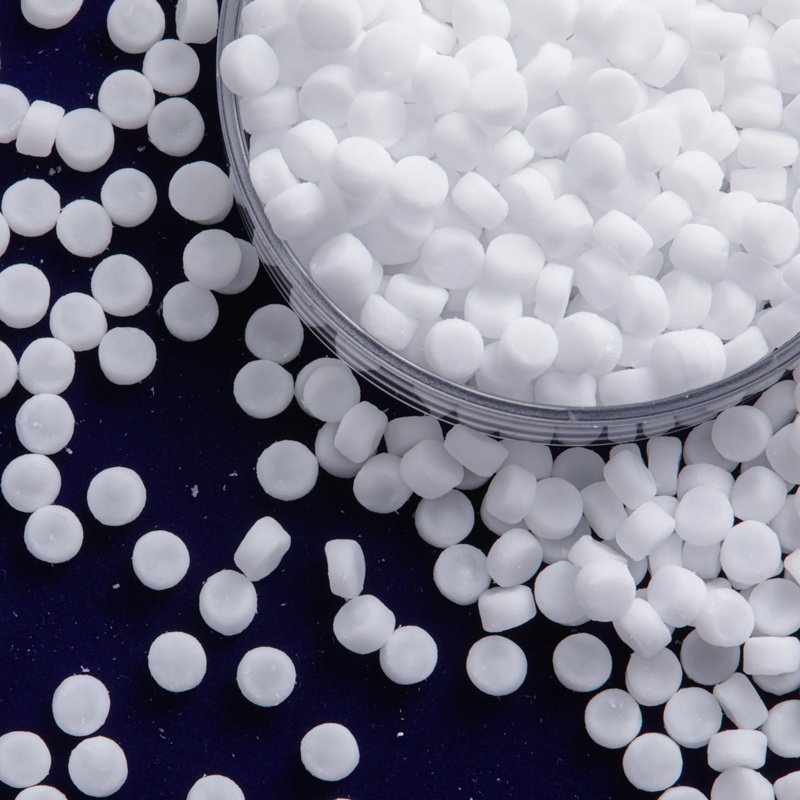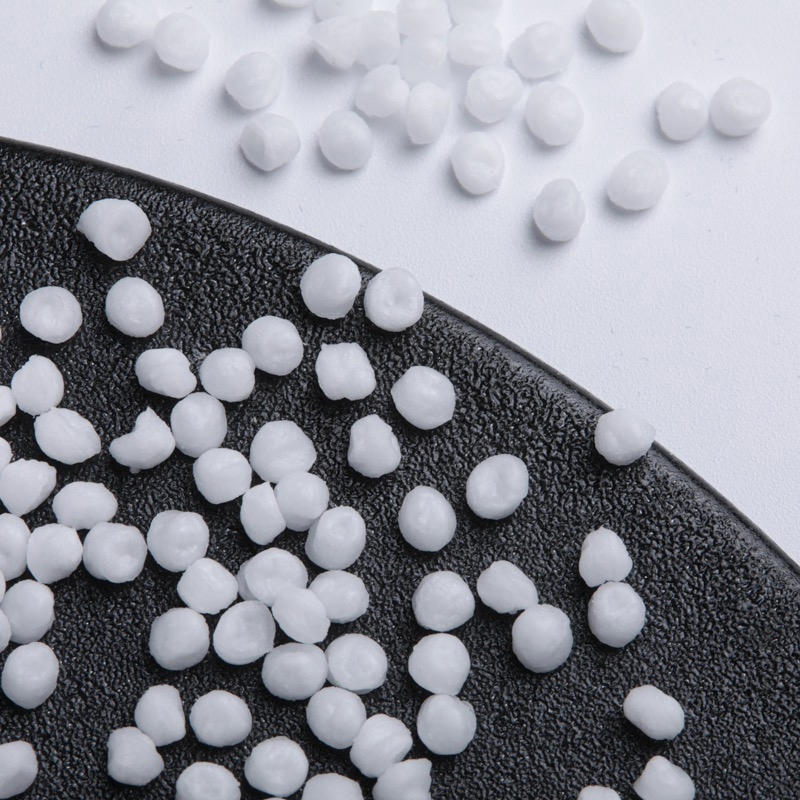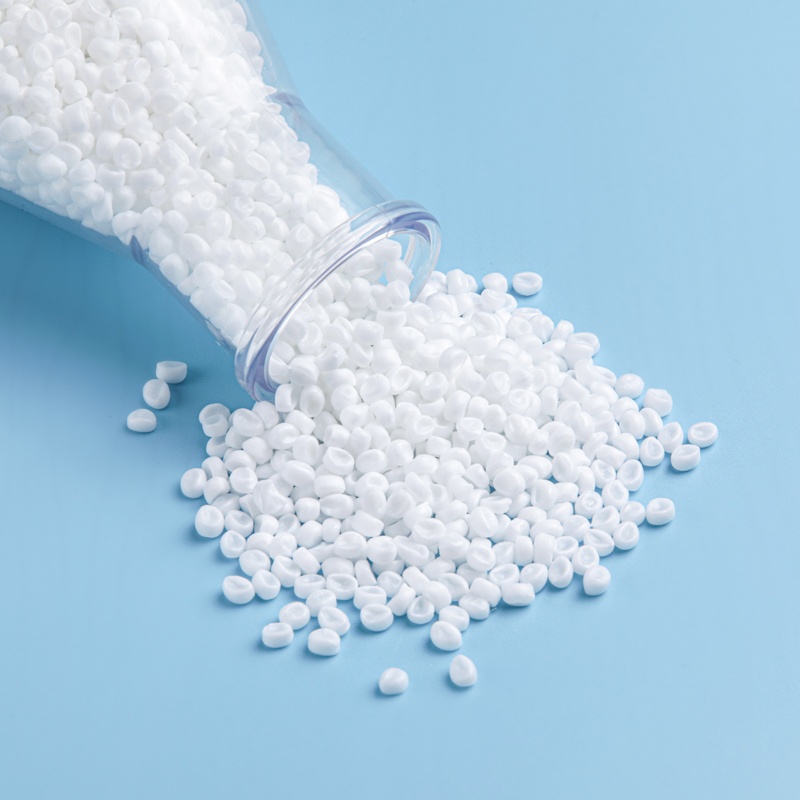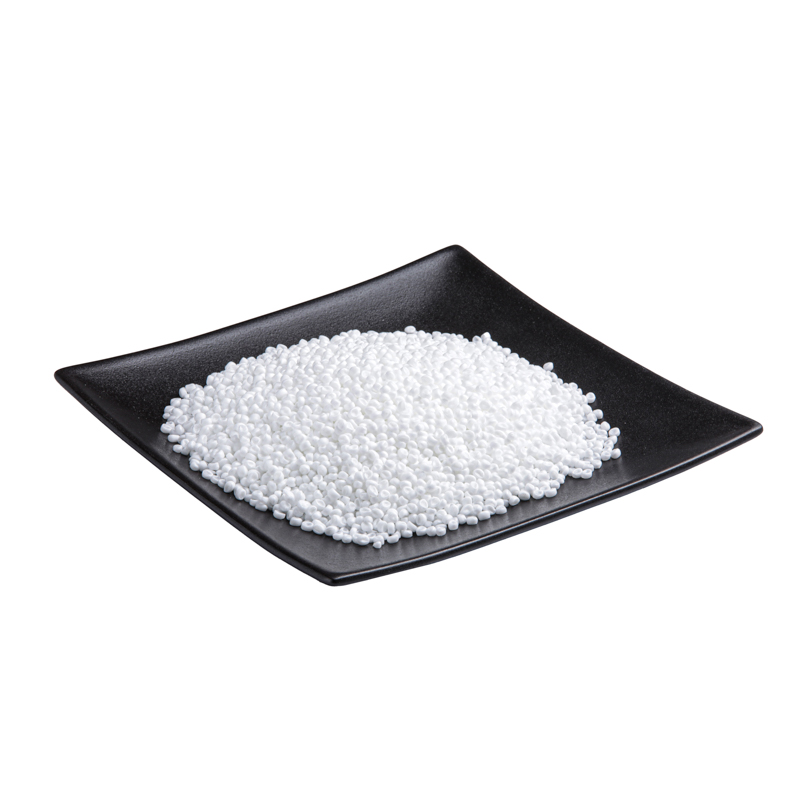The potential of silicone masterbatch additives to improve polymers’ heat resistance has attracted a lot of interest in the plastics industry. Adding silicone masterbatch to polymers improves their ability to withstand heat. Manufacturers may produce materials that can resist greater temperatures by adding these additives to plastic formulations, providing new opportunities for a variety of sectors.
About Silicone Masterbatch Additives
Silicone polymers and carrier resins are combined to create silicone masterbatch additives. During the production process, these additives are made to be simple to include into plastic compositions. While the carrier resins provide correct dispersion within the plastic matrix, the silicone polymers offer qualities that make them heat resistant.
2. processes of Heat Resistance Improvement
There are a number of processes by which silicone masterbatch additives enhance the heat resistance of plastics. The silicone polymers, for starters, have a great thermal stability that enables them to tolerate high temperatures without degrading. Second, these chemicals create a shield on the plastic’s surface, decreasing heat transmission and halting thermal deterioration. Last but not least, silicone masterbatch additives can improve the plastic’s overall thermal conductivity, which will raise its capacity to disperse heat.
3. The advantages of adding silicone masterbatch additives
Plastics can benefit greatly from the use of silicone masterbatch additives. It does this in two ways. First, it boosts the material’s heat resistance, enabling it to sustain greater temperatures without compromising structural integrity. This is especially useful for applications like automobile parts or electrical equipment where heat exposure is frequent. Furthermore, silicone masterbatch additives can increase the flame resistance of polymers, making them appropriate for usage in areas where fires are likely to occur. The mechanical qualities of plastics, such as impact resistance and tensile strength, can also be improved by these additions.
4. Silicone masterbatch additives have a wide range of uses in a number of different sectors
These compounds are used in the automobile industry to increase the heat resistance of engine parts, electrical connections, and interior components. To prevent heat damage to delicate electronic components, silicone masterbatch additives are integrated into plastic housings and enclosures in the electronics sector. These additives are also used in the building sector to improve the heat resistance of plastic cables, pipelines, and insulation products.
5. Elements That Affect Silicone Masterbatch Additives’ Efficacy
The efficiency of silicone masterbatch additives in enhancing heat resistance is influenced by a number of variables. Important factors to consider are the additive’s concentration, how well it disperses within the plastic matrix, and how well the additive works with the base polymer. Additionally, processing variables like temperature and shear rate might affect how well these additives work. To attain the necessary heat resistance qualities, producers must tune these factors.
Enhancing the heat resistance of polymers using silicone masterbatch additives is a viable option. Manufacturers may produce materials that can endure greater temperatures and increase their applicability in a variety of sectors by adding these additives to plastic compositions. The processes of silicone masterbatch additives’ increased heat resistance, as well as their advantages and uses, making them an important instrument for boosting the functionality and toughness of plastic goods. Silicone masterbatch additives are anticipated to be used more frequently as the market for heat-resistant polymers expands, spurring new developments and innovation in the plastics sector.
Related Products





